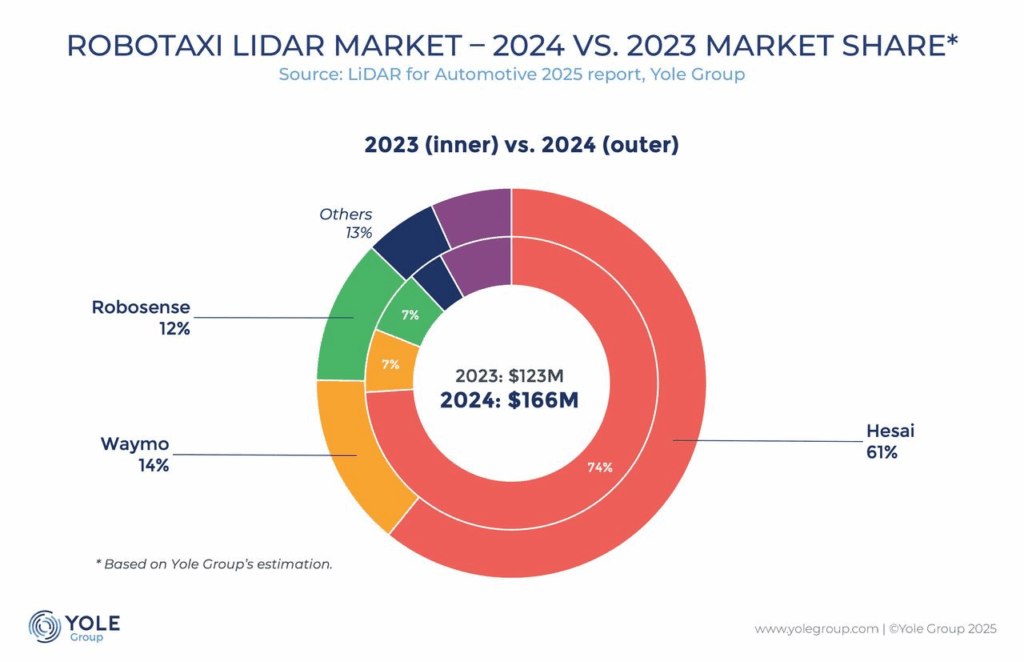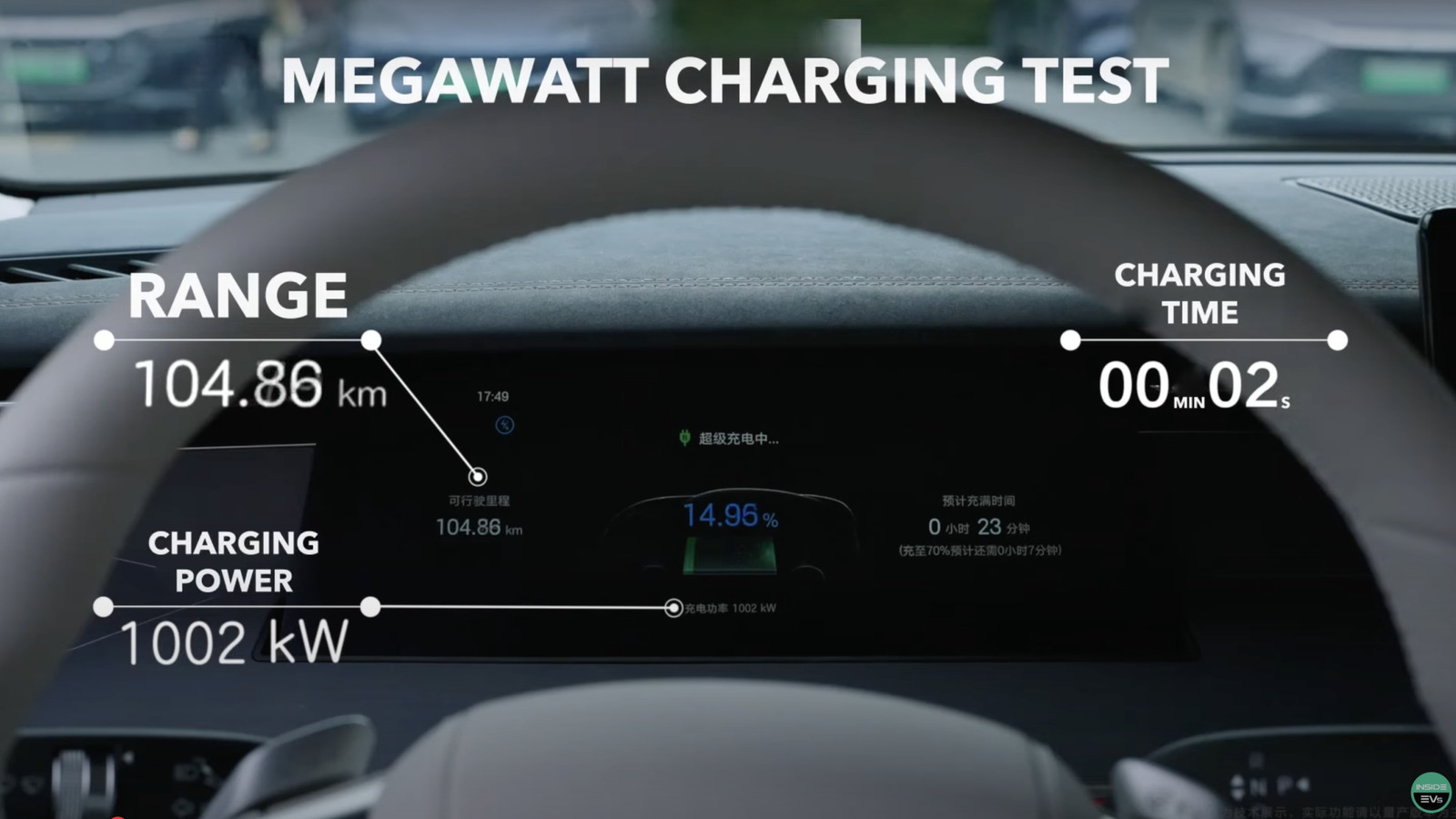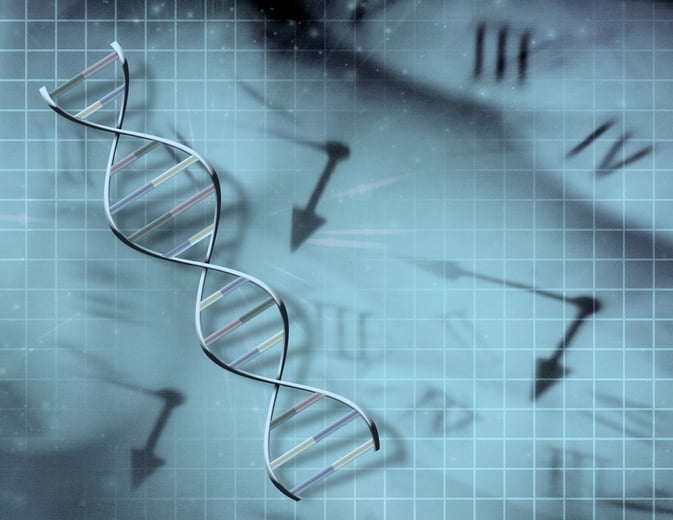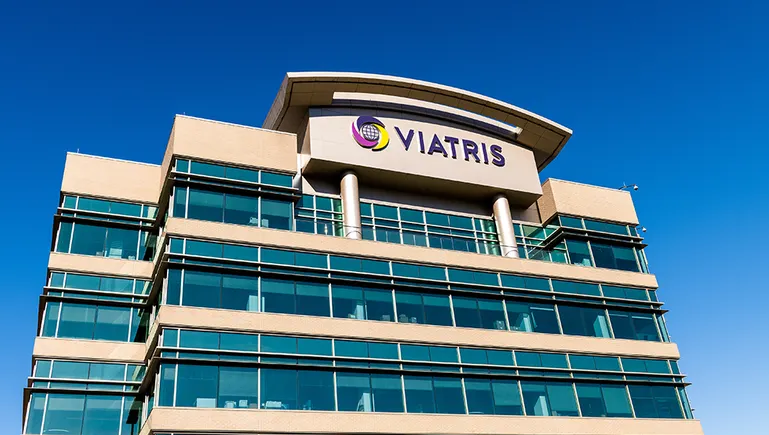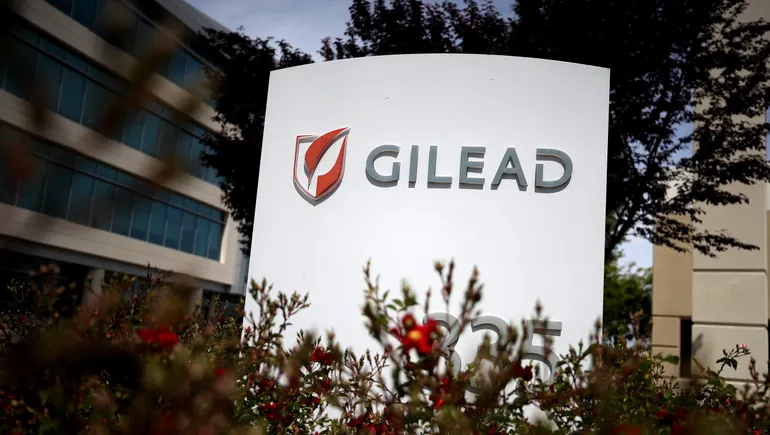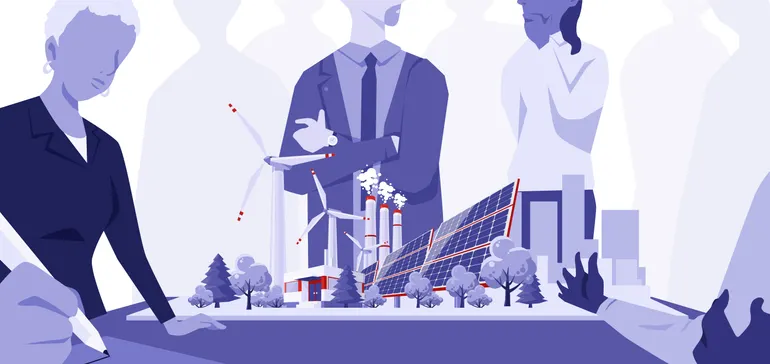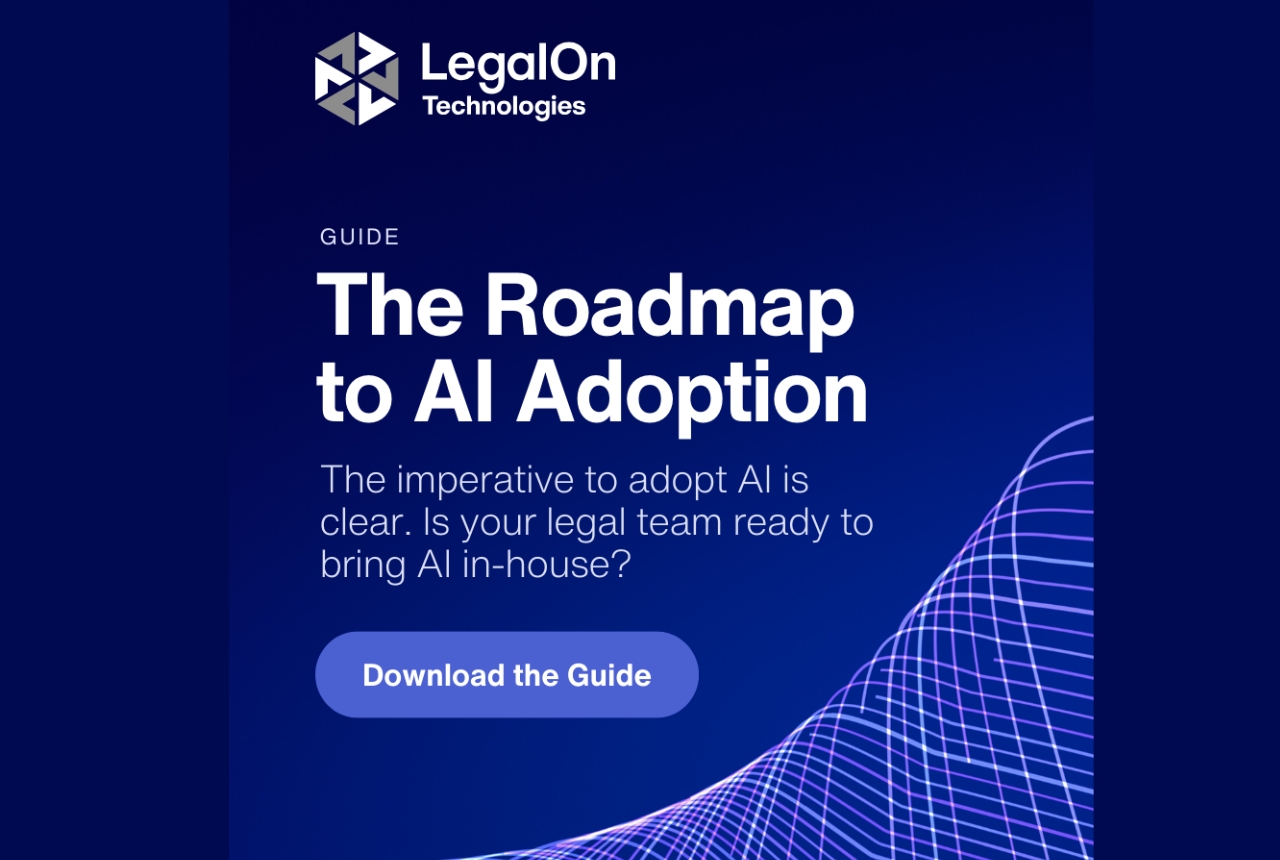GenAI, Legal Ops, And The Human Advantage
GenAI cannot replace 'power skills' — human attributes that will become even more critical in the future. The post GenAI, Legal Ops, And The Human Advantage appeared first on Above the Law.
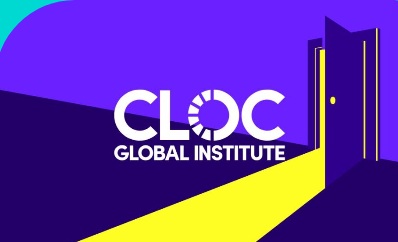
One palpable concern among attendees at this year’s CLOC Global Institute is whether GenAI will take over some of the functions that legal ops professionals currently perform — or diminish the perceived value of their work.
I’ve certainly heard similar concerns by other legal professionals at many legal conferences, but here, it feels a little different. Legal ops professionals have long suffered from being misunderstood — many people outside their circle still don’t quite know what they do, much less the value they provide. Now, they may face the prospect of their superiors believing GenAI can do the large parts of their jobs, making legal ops seem less necessary.
But What About Empathy?
One often repeated — and perhaps valid — response is that no matter how advanced GenAI becomes, humans will still be essential for the soft skills it can’t replicate, like empathy. That sentiment was echoed in Nancy Rademaker’s keynote. But that view does not account for recent developments: GenAI tools more and more can sound — though not be — empathetic. A recent study found that medical questions answered by a bot were seen as more empathetic — and preferred — over those provided by doctors. Other data suggests people are starting to use ChatGPT and similar tools to discuss personal and mental health problems and seek what feels like advice. Part of that appeal? ChatGPT always appears to listen — and never tires of doing so.
Insights From Haven and Dubey
But when it comes to legal ops, there’s more to the story. I attended a presentation by Mike Haven and Prashant Dubey where they discussed their book GenO: Essential Power Skills for Legal Operations Leaders. Haven and Dubey examined the 12 core competencies defined by CLOC to outline the role and skills of legal ops professionals. Here they are:
• Training and Development
• Business Intelligence
• Financial Management
• Firm and Vendor Management
• Information Governance
• Knowledge Management
• Organization and Optimization Health
• Practice Operations
• Project/Program Management
• Service Delivery Models
• Strategic Planning
• Technology
The Human Power Skills
According to Haven and Dubey, each of these can and should be examined for how GenAI could support or enhance them. But they argue that GenAI cannot replace the “power skills” — human attributes that will become even more critical in the future. These 12 skills are:
• Kindness
• Radical transparency
• Empathy
• Patience
• Pure Intent
• Morale Maven
• Adaptability
• Primary colors/Large Numbers
• Lead from the Back
• Humble Self-Promotion
• Rapid Decision Making
• Consensus Management
Real World Examples
As an example of how these skills could be used in ways that AI tools can’t replace, Haven shared that he begins each new career role with a months-long “listening tour,” meeting with stakeholders throughout the organization to understand their ideas, challenges, and fears. Empathy, in this context, isn’t just a soft skill — it’s foundational.
Haven and Dubey also pointed out that consensus management doesn’t require total agreement — but it does require awareness. One insight from Haven: identifying early skeptics during the consensus process helps ensure no one is left behind as change moves forward. Again, it’s hard to imagine how AI could replace this process
Another example: decision-making. According to a Cornell study cited in the session, humans make over 35,000 conscious decisions per day. Legal ops professionals are uniquely positioned to make informed, context-aware decisions — something that can’t be offloaded to algorithms alone.
Power Skills Take Time
The point is, these human skills take time. You can’t build consensus without investing the time. You can’t be transparent if you don’t take the time. And you can’t build morale without actually caring about people. GenAI doesn’t give you any shortcuts for that. But it may give something just as important: time to exercise these skills by taking over functions humans don’t need to be doing.
GenAI isn’t about replacing legal ops — it’s about recalibrating their role. By automating repetitive tasks, these tools free professionals to lean more deeply into strategic thinking, communication, and leadership. The goal isn’t substitution. It’s elevation — using AI to lift legal ops into even more impactful, uniquely human contributions.
Legal Ops Should Lead GenAI Adoption
One other point that should alleviate concerns: legal ops professionals are in a unique position to lead when it comes to GenAI. They should be educating and advising their internal clients on what GenAI can or cannot be used for when it comes to the business of law. Want legal services to be delivered better, faster, and cheaper — with the help of GenAI? Ask legal ops. That makes their work more valuable, not less. It also gives a clearer way to demonstrate ROI.
Define The Future
The future of legal operations isn’t about defending territory — it’s about defining it. Those who lead the integration of GenAI into legal workflows will shape not only their own careers, but the future of the legal profession itself.
As Haven and Dubey put it, legal ops professionals need to turn challenges into opportunities — to be, in their words, a “Morale Maven.”
Legal ops professionals shouldn’t fear GenAI — they should fear missing the opportunity. Grab it.
Stephen Embry is a lawyer, speaker, blogger and writer. He publishes TechLaw Crossroads, a blog devoted to the examination of the tension between technology, the law, and the practice of law.
The post GenAI, Legal Ops, And The Human Advantage appeared first on Above the Law.






















